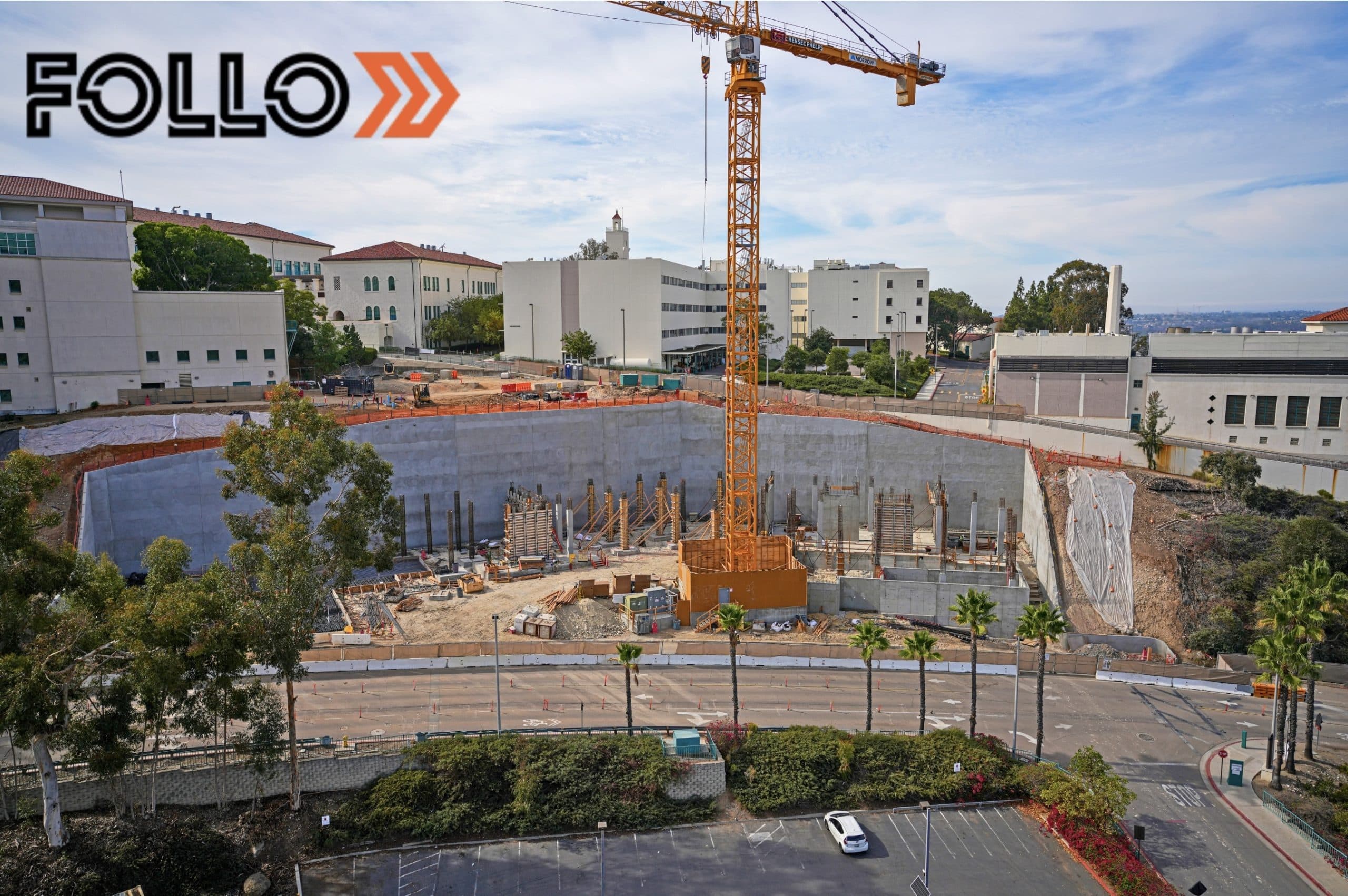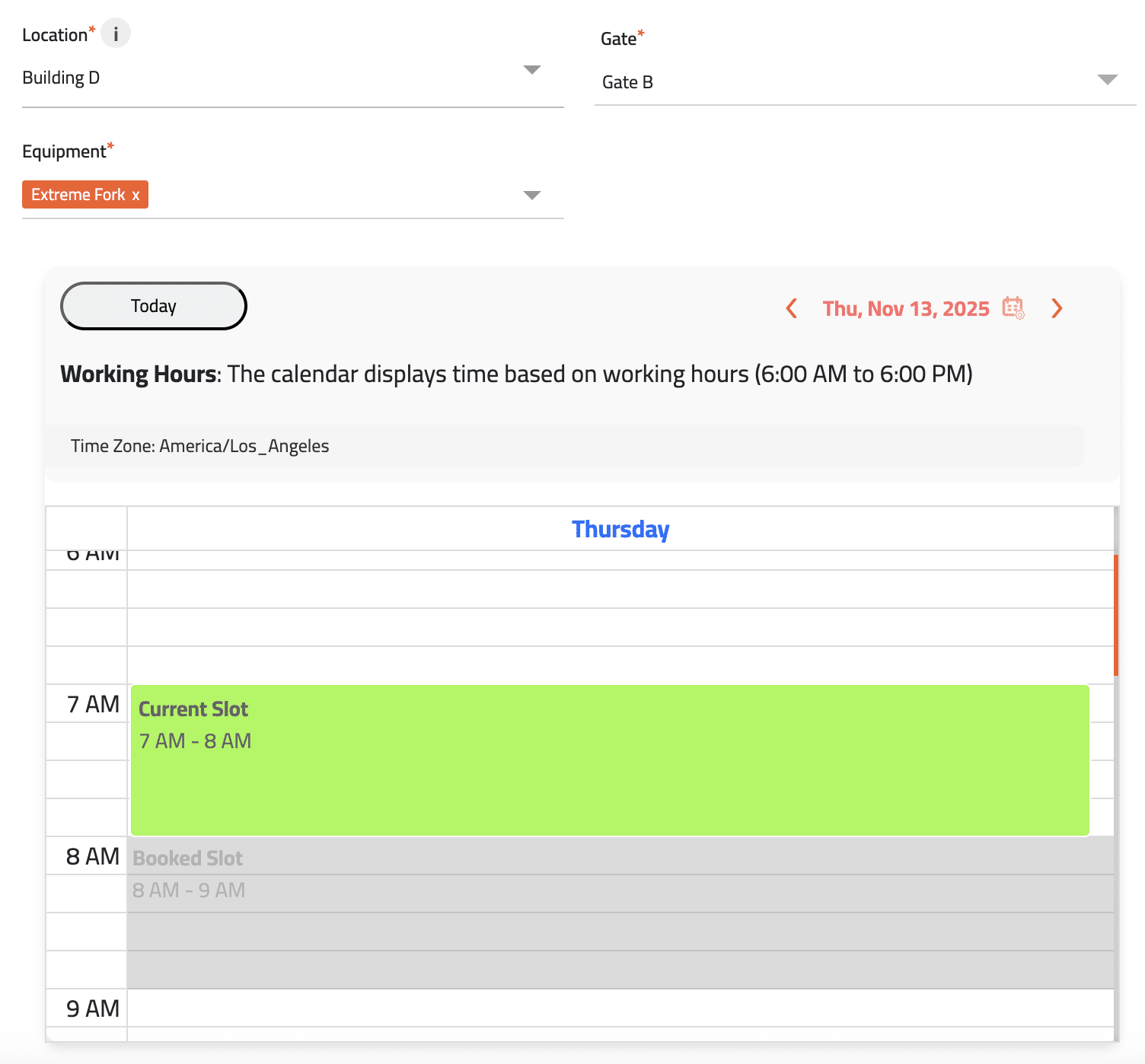Logistics management plays a crucial role in construction projects, influencing project timelines, costs, and overall success. Effective logistics management involves the coordination of materials, equipment, and resources to ensure smooth project operations. Beyond its operational significance, efficient logistics management also has a significant impact on managing project risks. In this article, we will explore the impact of effective logistics management on overall project risk and how it contributes to successful project outcomes.
- Minimizing Material Delays:Timely delivery of materials is essential for uninterrupted project progress. Effective logistics management ensures that materials are sourced, transported, and delivered to the construction site on schedule. By reducing material delays, the risk of project delays and disruptions is minimized. A well-managed logistics process ensures that materials are available when needed, mitigating the risk of extended project timelines and associated cost overruns.
- Mitigating Cost Overruns:Inefficient logistics management can lead to cost overruns due to increased transportation costs, material wastage, or excessive inventory holding. Effective logistics management optimizes transportation routes, consolidates shipments, and implements inventory control measures. By minimizing unnecessary expenses and optimizing resource utilization, logistics management reduces the risk of cost overruns, ensuring project budgets remain on track.
- Enhancing Supplier Reliability:Collaboration with reliable suppliers is essential for efficient logistics management. Working closely with trusted suppliers who consistently deliver quality materials on time reduces the risk of supply chain disruptions. By maintaining strong supplier relationships, project teams can mitigate the risk of material shortages, poor quality, or unreliable deliveries that can hinder project progress.
- Proactive Risk Identification:Effective logistics management involves proactive risk identification and mitigation strategies. Project teams monitor logistics processes, identify potential bottlenecks, and develop contingency plans to address risks. By conducting risk assessments and implementing preventive measures, logistics management minimizes the likelihood and impact of unforeseen events, such as equipment breakdowns, transportation delays, or labor shortages.
- Streamlining On-Site Operations:Logistics management extends beyond transportation and delivery; it also encompasses on-site operations. Efficient logistics planning ensures that resources, equipment, and personnel are coordinated effectively. This streamlines on-site operations, reduces congestion, and minimizes the risk of accidents or delays caused by poor coordination. Well-managed logistics enable smoother workflow, optimizing productivity and project efficiency.
- Real-Time Tracking and Visibility:The integration of technology in logistics management provides real-time tracking and visibility of project operations. Construction management software and tracking systems allow project teams to monitor material movements, transportation schedules, and on-site activities. Real-time data and analytics enable proactive decision-making, helping identify potential risks and take corrective actions promptly.
- Improved Stakeholder Collaboration:Effective logistics management fosters collaboration among project stakeholders, including suppliers, contractors, and subcontractors. Open communication channels and shared information facilitate coordination, alignment, and timely decision-making. Collaborative logistics management reduces the risk of miscommunication, misunderstandings, or conflicts, enhancing overall project performance.
Conclusion:Effective logistics management is a critical factor in managing overall project risk in construction. By minimizing material delays, mitigating cost overruns, enhancing supplier reliability, proactively identifying risks, streamlining on-site operations, providing real-time tracking and visibility, and promoting stakeholder collaboration, logistics management significantly contributes to successful project outcomes. Embracing efficient logistics practices allows project teams to mitigate risks, optimize project schedules, control costs, and deliver projects on time and within budget.

